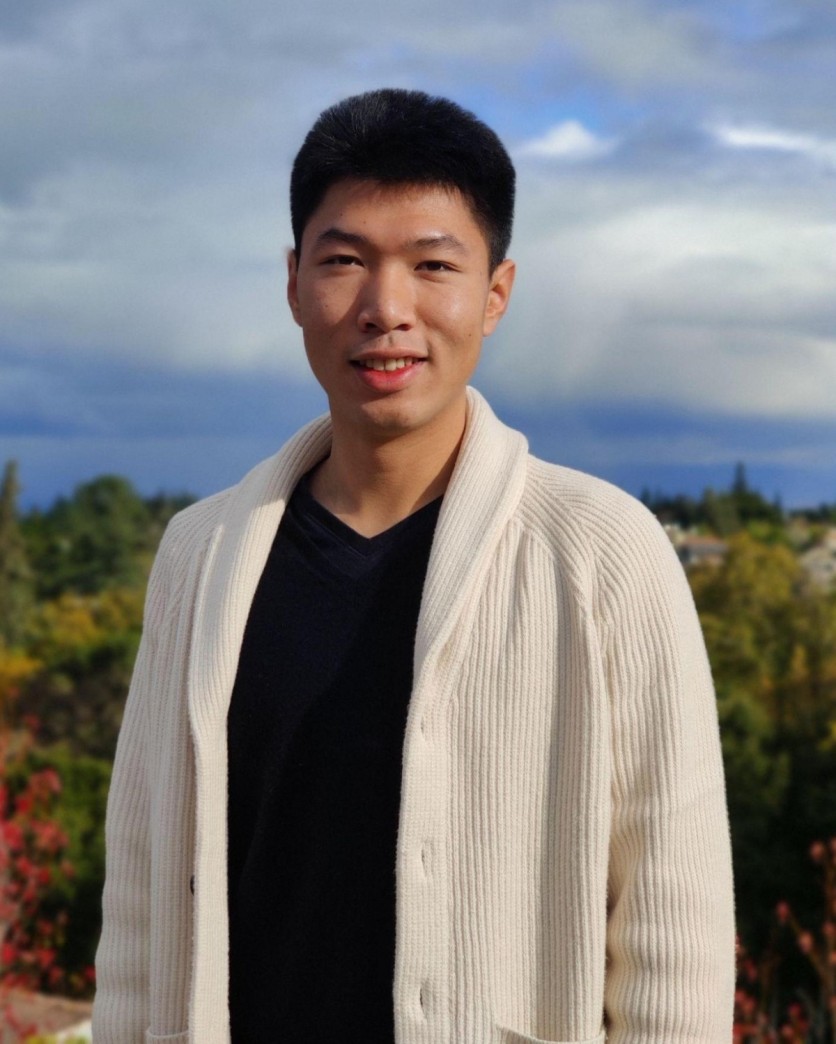
Nemo Yang has been obsessed with automation and writing software since high school. As he began to navigate potential career paths, he saw AI as what he describes as the "final answer to automation." For this reason, he went to Georgia Tech and based his concentrations on machine learning while studying there. He worked with Siemens and Microsoft during this time and ended up graduating in 2 years, just when GPT-3 was taking off.
"[I saw] the potential of AI in verticals, [and] decided the best way to capture innovation is to work on my own startup," he says.
Nemo Yang is the founder of Cortex—a company that empowers mortgage lenders through the use of artificial intelligence software. However, Yang says he experienced the uncertainty that is common in the early stages of any business career, especially his.
"I knew AI would be transformative for many manual labor tasks," he says, "but the exact path forward was unclear."
To navigate these pathways, Yang says he explored various verticals, in which he developed AI applications for different uses in e-commerce, retail, and banking. He says that, through his experience, he identified patterns where AI could effectively replace traditional manual jobs and adds that work on mortgages emerged as a focal point in his business aspirations. He states that the cost of processing a mortgage loan, which ranges around $12,000, is a significant barrier. "Through Cortex, we've managed to reduce this cost to just hundreds of dollars, delivering substantial savings," he says, and adds, "Our work at Cortex is transforming the mortgage industry, making it more efficient, accessible, and inclusive, ultimately supporting the stability and growth of the American economy."
Even as the CEO of Cortex, Yang says he looks back on his time at Siemens, especially during the heightened stress of the COVID-19 pandemic. With many factories having faced shutdowns due to the implementation of social distancing protocols, Yang says there was a need to keep essential factories open to avoid severe socioeconomic impacts. He adds that, while working at Siemens, he was "tasked with developing smart measurement protocols to enforce COVID safety measures."
Through these tasks, Yang built a novel computer vision neural network that was capable of detecting mask compliance, as well as identifying those who were not wearing masks. The system was even capable of measuring the distance between individuals to ensure that they maintained a six-foot separation—which, according to Yang, enabled the factories to reopen and continue operations safely.
"My role in this project had a significant impact, ensuring both the health of workers and the continuity of critical industrial activities," Yang says.
Yang has received several significant applications in his field—most notably: when he was named one of Forbes China's 35 Innovators. He says that he was also invited to serve as a judge for a startup pitching competition hosted by Columbia and NYU, which allowed him to engage with and support emerging talents in the entrepreneurial community.
Yang's future goals lie in revolutionizing mortgage operations and tackling various legacy manual review processes that burden the financial industry.
"By leveraging AI to enhance accuracy, cost-effectiveness, and speed, we aspire to bring comprehensive improvements to the financial sector, ultimately transforming how these critical processes are handled," he says.
ⓒ 2025 TECHTIMES.com All rights reserved. Do not reproduce without permission.





